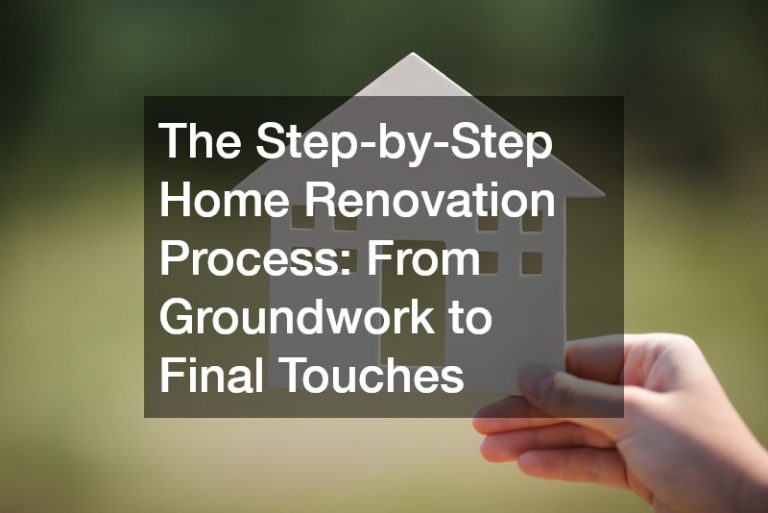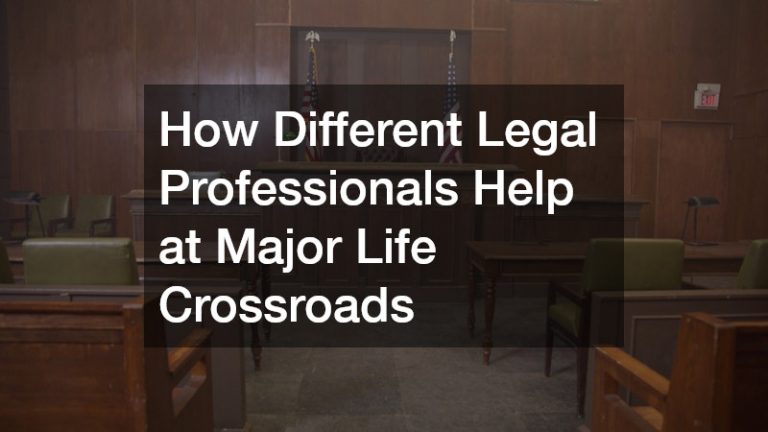- Humans are social beings who thrive in groups and benefit from close-knit communities.
- Communities in the U.S. are diverse in terms of size, location, and shared interests.
- Joining a close community can provide emotional support, security, personal growth, and health benefits.
- A strong sense of belonging and fulfillment comes from being part of a close community.
- Building a close-knit community takes effort but can be achieved through religious services, social events, and community service projects.
It is no secret that humans are social beings and thrive in groups, forming connections and relationships. Being part of a close-knit community offers many benefits and can positively impact our mental, emotional, and physical well-being. Whether it’s a small group of friends, a family support system, or a neighborhood association, a close community can provide a sense of belonging, security, and help you navigate life’s challenges. Here’s what you need to know about it.
Communities in the U.S.
The U.S. is home to various communities, big and small. It’s estimated that there are over 19,000 communities in the country. These diverse communities range from rural and urban areas to neighborhoods, towns, and cities. While some communities are based on shared interests and everyday experiences, others may be primarily determined by racial or ethnic backgrounds.
Emotional Support and Stress Relief
One of the most significant benefits of being part of a close community is emotional support. When facing difficult situations or navigating life’s challenges, having a support system that understands and cares for you can make all the difference. A close community can provide a sense of belonging and connectedness, helping you feel supported and less isolated. Moreover, sharing our thoughts and feelings can reduce stress, anxiety, and depression, improving our mental health.

Security and Trust
People in a tight-knit community often develop strong bonds of trust, leading to a sense of safety and security. Knowing that you have reliable people around you can offer you peace of mind, especially during challenging times. Additionally, a close community often has a shared sense of responsibility and accountability, which can deter crime and promote safety in the neighborhood.
Personal Growth and Development
Being part of a close community can provide many opportunities for personal growth and development. Interacting with people and their experiences, and perspectives can broaden your understanding of the world and help you become more empathetic and compassionate. Additionally, community participation can offer many opportunities to learn new skills, participate in community projects and events, and advocate for social causes you care about.
Health Benefits
Studies show that people with a strong sense of community and support tend to have better physical health. A close-knit community can offer peer support for healthy behaviors, such as exercise and healthy eating, and provide access to resources that promote wellness. Additionally, having a support system can reduce stress, which is linked to many health problems, such as heart disease, stroke, and chronic pain.
Sense of Belonging
Ultimately, being part of a close-knit community can offer a sense of belonging and fulfillment that many people crave. Knowing that you are part of something bigger than yourself and can positively impact your community and others’ lives can give you a sense of purpose and meaning. Feeling connected and valued by others can improve your self-esteem and well-being, leading to a more fulfilling and satisfying life.
How to Build a Close Community
Close communities aren’t always accessible but can be built with effort and dedication. Here are some tips for creating a close-knit community:

Religious Services
Religion plays a huge role in many communities, providing an opportunity to come together and connect with others. Offering church services is one of the best ways to unite people from the same religion. This way, they can share experiences and learn from one another.
Social Events
Organizing social events is a great way to bring people together and build relationships. These can range from movie nights to backyard barbecues or potluck dinners. Social events are an excellent way for people to have fun and get to know each other in a relaxed environment.
Community Service Projects
Organizing community service projects is a great way to unite people for a common cause. These projects include organizing a neighborhood cleanup, planting trees in the park, or helping at the local soup kitchen. Community service projects allow people to come together and work toward improving their community.
A close community can provide many benefits, from emotional support to a sense of belonging. While close communities aren’t always easy to find or create, it’s worth the effort. Getting to know your neighbors and participating in community events can help foster relationships and deepen your connection with those around you. With a bit of dedication and effort, anyone can build a strong, close-knit community.







